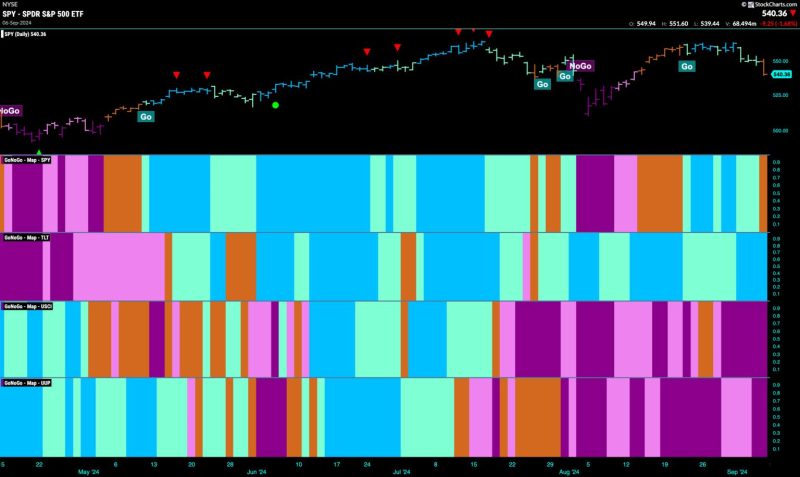Equities Say Go Fish: How Healthy Are the Markets?
Equity markets are often viewed as a barometer of economic health, reflecting investor sentiment, corporate performance, and overall market conditions. However, determining the true health of the markets can be a complex and multifaceted endeavor. While equities can provide valuable insights into the overall state of the economy, they are just one piece of the puzzle.
Market Volatility
One key indicator of market health is volatility. Periods of high volatility can indicate uncertainty and instability in the markets, while prolonged periods of low volatility may suggest complacency and a lack of market participants. Monitoring volatility through metrics like the VIX index can help investors gauge the level of risk in the markets and adjust their investment strategies accordingly.
Company Earnings
Corporate earnings are another important factor in assessing market health. Strong earnings growth can indicate a robust economy and healthy business environment, while declining earnings may signal trouble ahead. Investors closely monitor company earnings reports and projections to gauge the overall health of the market and make informed investment decisions.
Market Breadth
Market breadth refers to the number of stocks participating in a market rally or decline. A healthy market typically exhibits broad participation, with a large number of stocks moving in the same direction. On the other hand, a narrow market rally, where only a handful of stocks are driving gains, may be a sign of underlying weakness. Monitoring market breadth can help investors assess the sustainability of market trends and identify potential areas of opportunity or risk.
Macro Events
External factors such as geopolitical events, economic indicators, and central bank policies can also influence market health. Major events like trade disputes, interest rate changes, or global pandemics can have significant impacts on market performance. Investors need to stay informed about these macro events and consider their potential implications for market health and investment decisions.
Market Sentiment
Investor sentiment plays a critical role in driving market movements. Positive sentiment can fuel market rallies, while negative sentiment can lead to sell-offs and downturns. Monitoring sentiment indicators like investor surveys, fund flows, and social media sentiment can provide insights into the prevailing mood of market participants and help investors anticipate potential market moves.
In conclusion, assessing the health of the equity markets requires a comprehensive analysis of multiple factors, including volatility, company earnings, market breadth, macro events, and investor sentiment. By considering these key indicators, investors can gain a better understanding of market conditions and make well-informed investment decisions. While equities can be a valuable source of information, it is essential to take a holistic approach to market analysis and consider a wide range of factors to accurately gauge market health.
